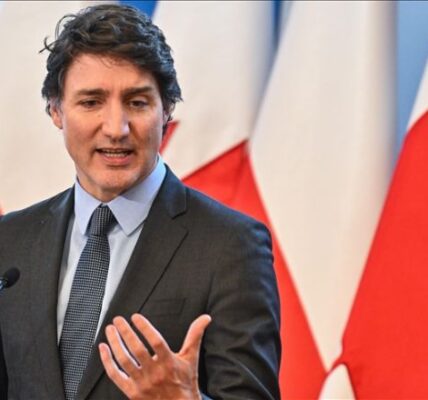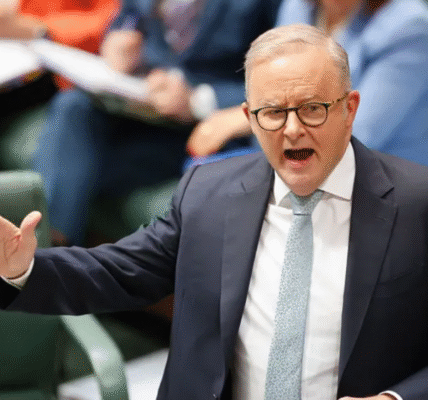Prime Minister Michel Barnier has described France’s budgetary situation as “very serious,” following the country’s recent placement under a formal procedure for violating European Union budgetary rules. Appointed by President Emmanuel Macron on September 6, Barnier’s comments highlight the urgent need for action amid rising public-sector deficits.
In an interview with AFP, Barnier emphasized the necessity for a thorough understanding of the “precise reality” of France’s public finances. The Bank of France recently cast doubt on the feasibility of returning to EU deficit guidelines by 2027, calling it “not realistic.” Current projections estimate that France’s budget deficit could reach approximately 5.6 percent of GDP this year, potentially exceeding 6 percent in 2025, far above the EU’s three percent ceiling.
“This situation requires more than just pretty statements. It demands responsible action,” Barnier stated, as he prepares to submit a 2025 budget to parliament next month—an early test for his administration.
Shortly after taking office, Barnier indicated that the public desires greater fairness in fiscal policy, hinting at possible tax increases in private discussions. However, such measures could provoke backlash from Macron’s allies, who have supported significant tax cuts since 2017.
Interior Minister Gérald Darmanin firmly stated that raising taxes is “out of the question,” reflecting a broader reluctance among Macron’s supporters to return to higher tax rates. Despite promises from outgoing Finance Minister Bruno Le Maire to reduce the deficit below three percent by 2027, many analysts regard this goal as overly ambitious.
Central bank governor François Villeroy de Galhau backed Barnier’s approach, advocating for contributions from major companies and wealthy individuals to aid fiscal recovery, warning against “unfunded” tax cuts.
The tension between Barnier and Macron could escalate, especially given Barnier’s frustration over not being consulted on key appointments, such as the nomination of Foreign Minister Stéphane Séjourné to the EU Commission. The upcoming budget submission will be a critical moment for Barnier as he navigates the complex landscape of French fiscal policy and seeks to maintain stability within the government.





